In California, a significant new law has been enacted, raising the minimum wage to $20 per hour for employees at fast food chains.
This adjustment, effective from Monday, represents a substantial increase in earnings for many workers, potentially up to 25% more than their previous wages. The move has sparked a variety of reactions across the political spectrum.
Concerns Voiced by Senator Ted Cruz

Senator Ted Cruz has expressed serious concerns regarding the wage increase on his podcast “Verdict”, stating that it will “hurt the most vulnerable” by potentially leading to job losses.
He argues that the increase in labor costs could encourage fast food restaurants to replace human workers with automated technologies, such as iPad kiosks and robot cooks, impacting employment opportunities.
Republican Predictions on Automation
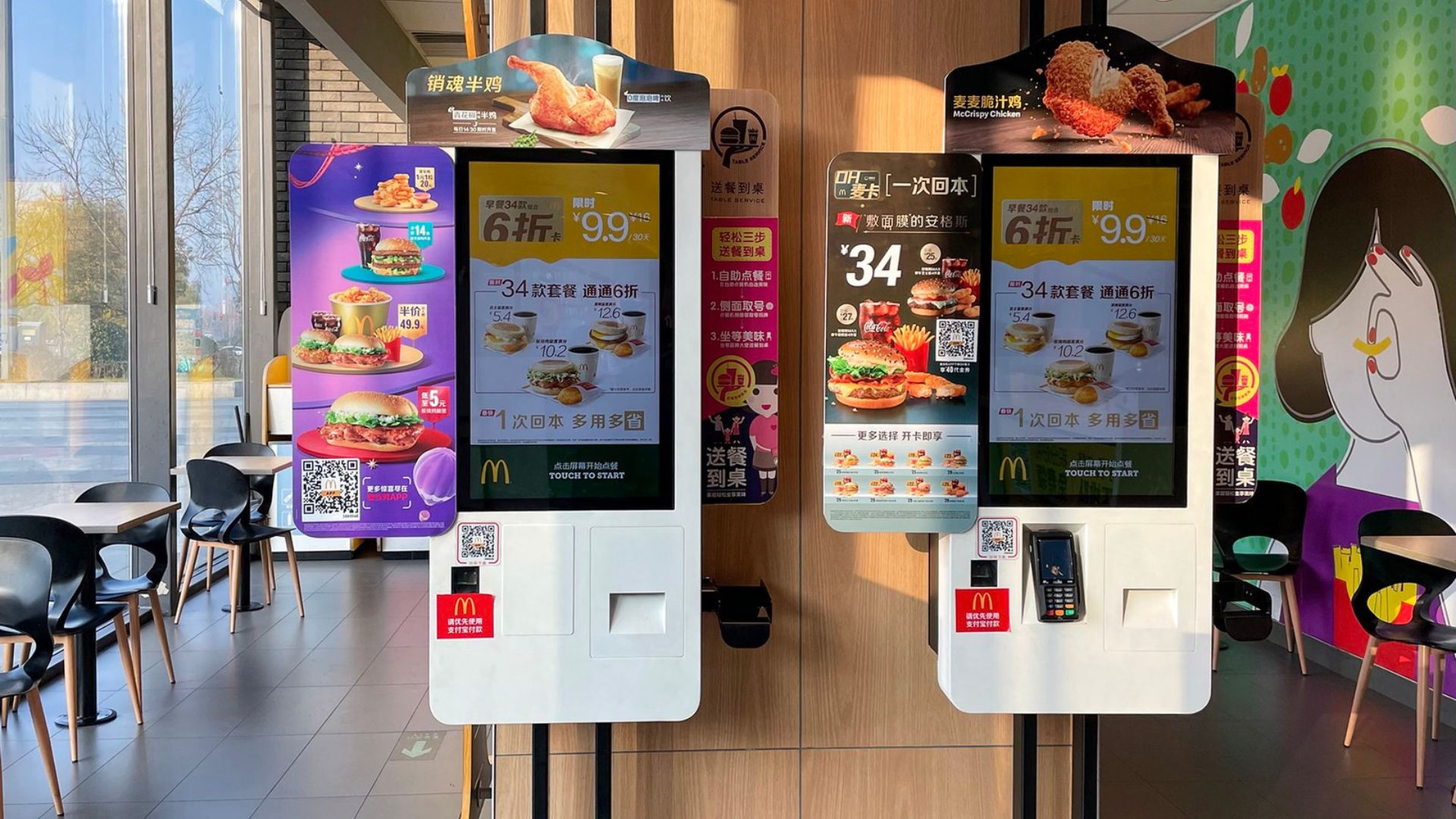
According to Republican lawmakers, the new $20 minimum wage for fast food workers in California could push restaurants toward replacing employees with self-service checkouts and “robot cooks.”
This change, they argue, is a direct consequence of the higher labor costs imposed by the new law.
Impact on Fast Food Prices and Employment
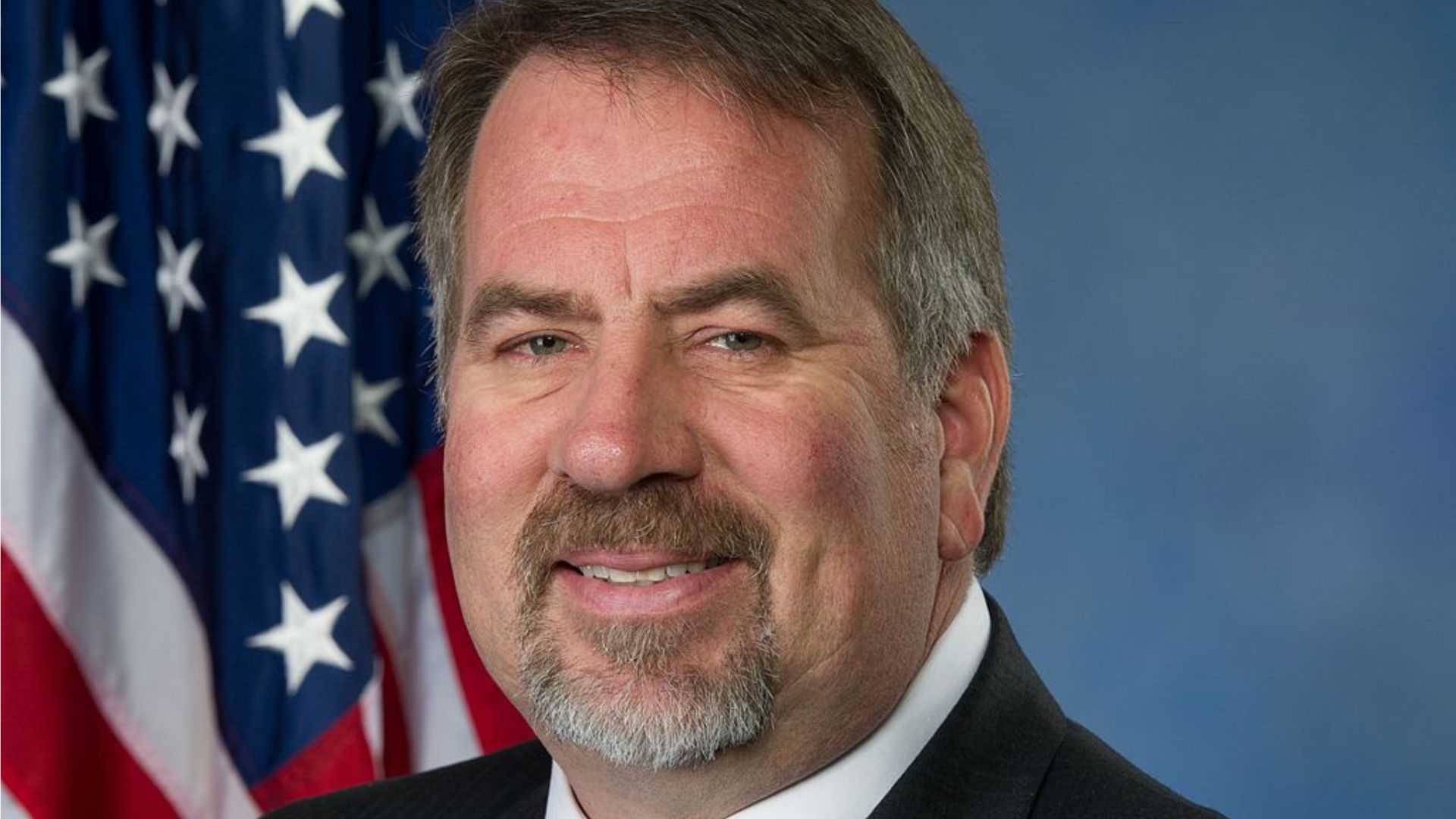
Representative Doug LaMalfa has highlighted concerns that the wage hike will lead to higher fast food prices and accelerate the adoption of automation, reducing the number of jobs available.
“Fast food prices are already rising, and employees are being replaced by self-checkout kiosks and soon robot cooks,” LaMalfa told The Daily Mail.
The Wage Hike from $16 to $20: A Significant Increase
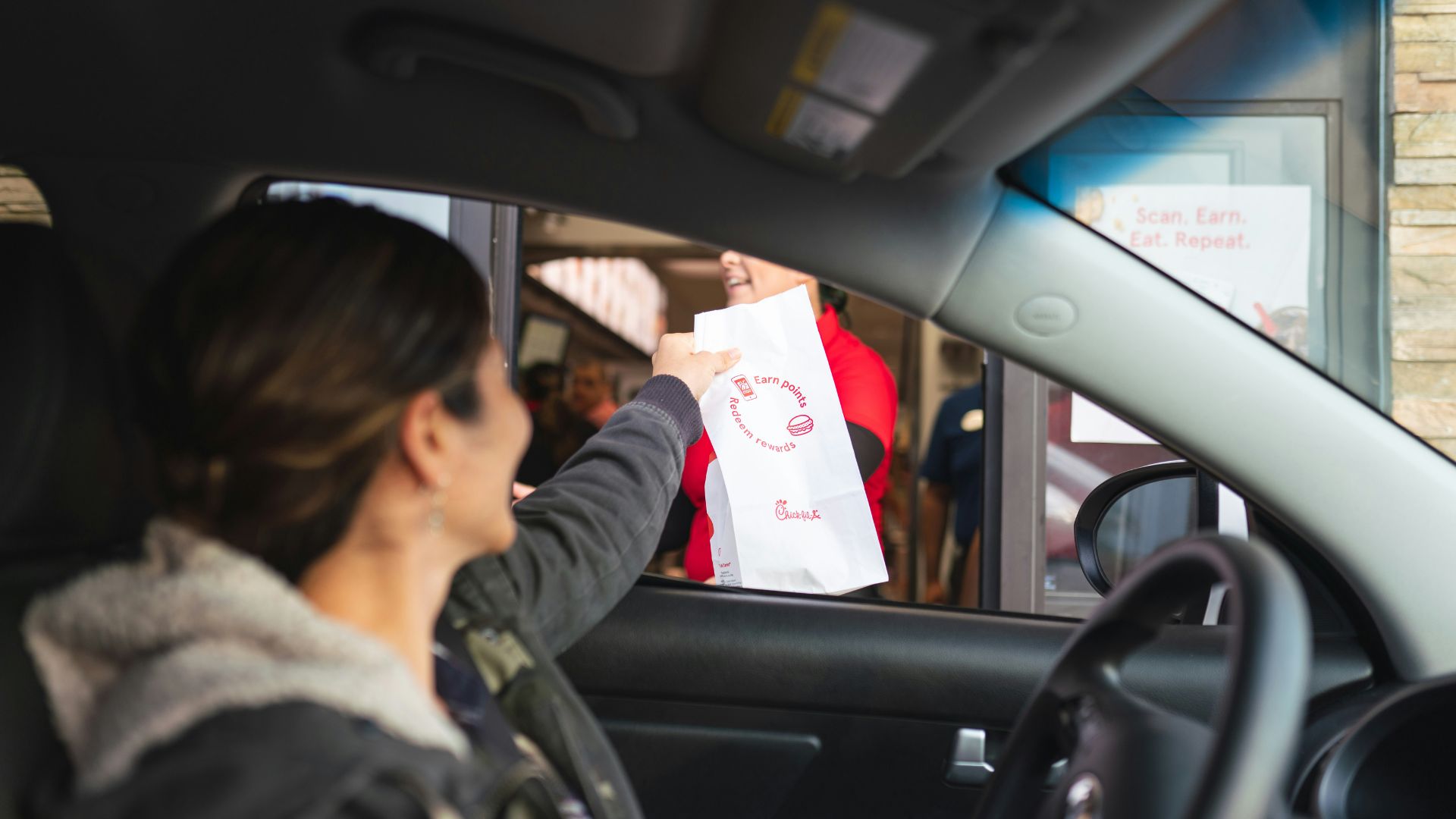
The wage increase from $16 to $20 per hour marks a notable change in the compensation for California’s fast food workers.
This law was passed with the intention of acknowledging the crucial role of over 500,000 fast food employees in the state, many of whom are adults supporting families rather than teenagers earning extra money.
The Debate Over Consumer Costs
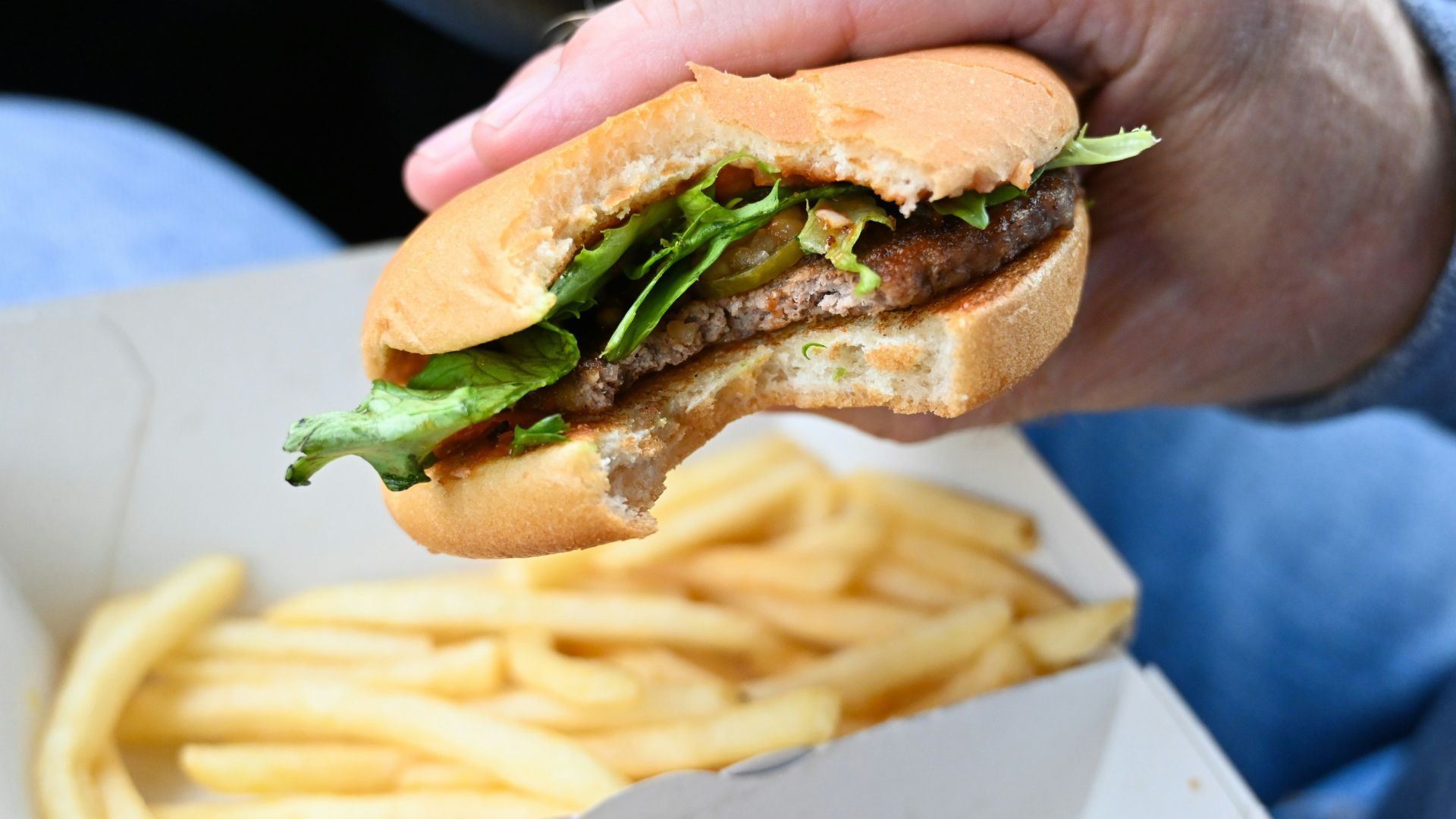
Republican representatives argue that this new wage law will result in increased costs for consumers.
“As if prices in California aren’t high enough,” LaMalfa remarked, suggesting that the wage hike could lead to higher prices, fewer jobs, and reduced dining options as some establishments may close.
Nationwide Chains Affected by New Law
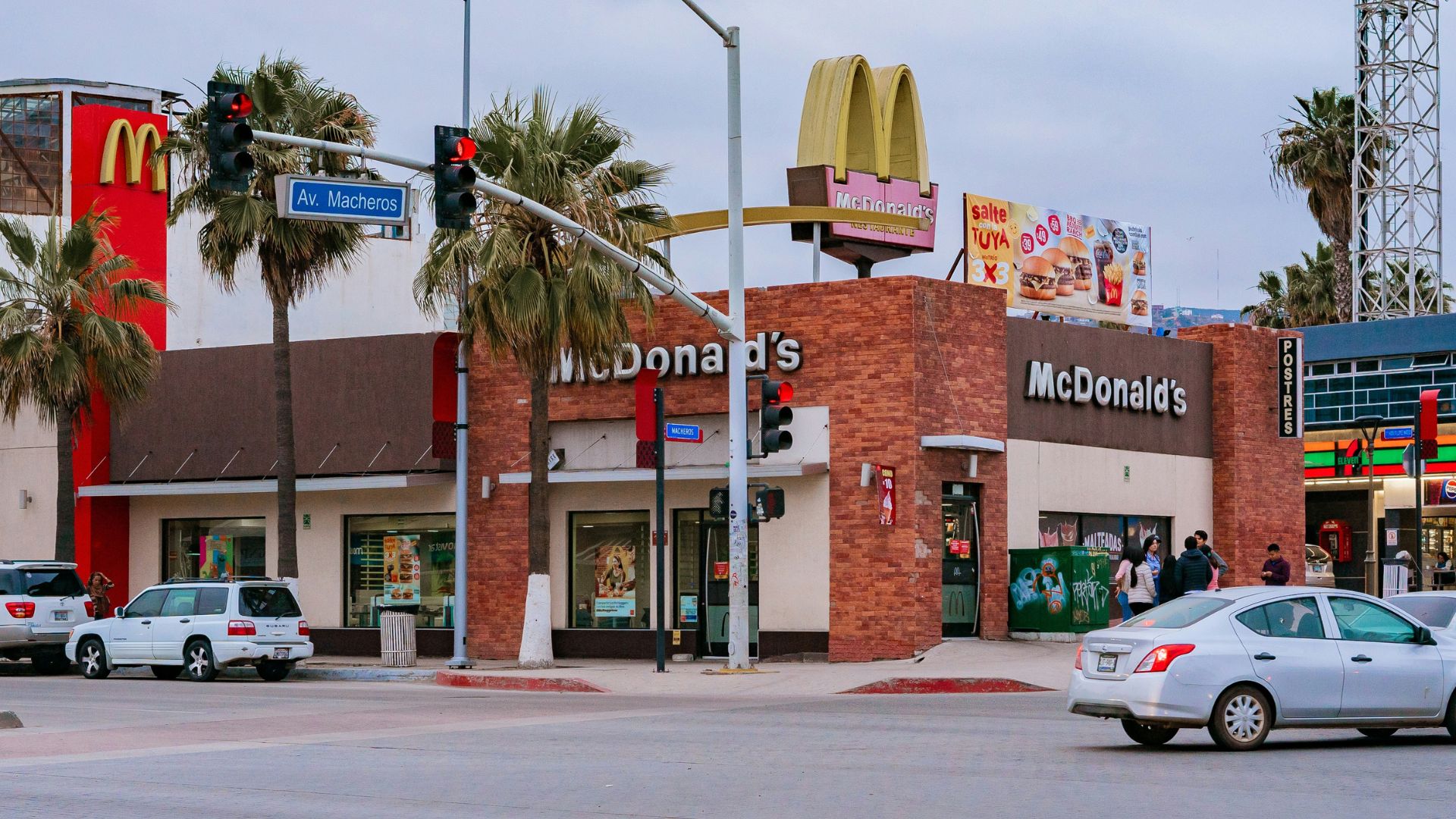
The legislation applies to fast food chains including major names like McDonald’s, Jack in the Box, and Starbucks.
Reuters reports that this sector employs a significant number of workers across the state, with the median fast-food worker earning $13.43 an hour nationally in 2022, while in California, the average was $16.60, according to the Bureau of Labor Statistics.
Senator Cruz on the Impact on Minority Workers
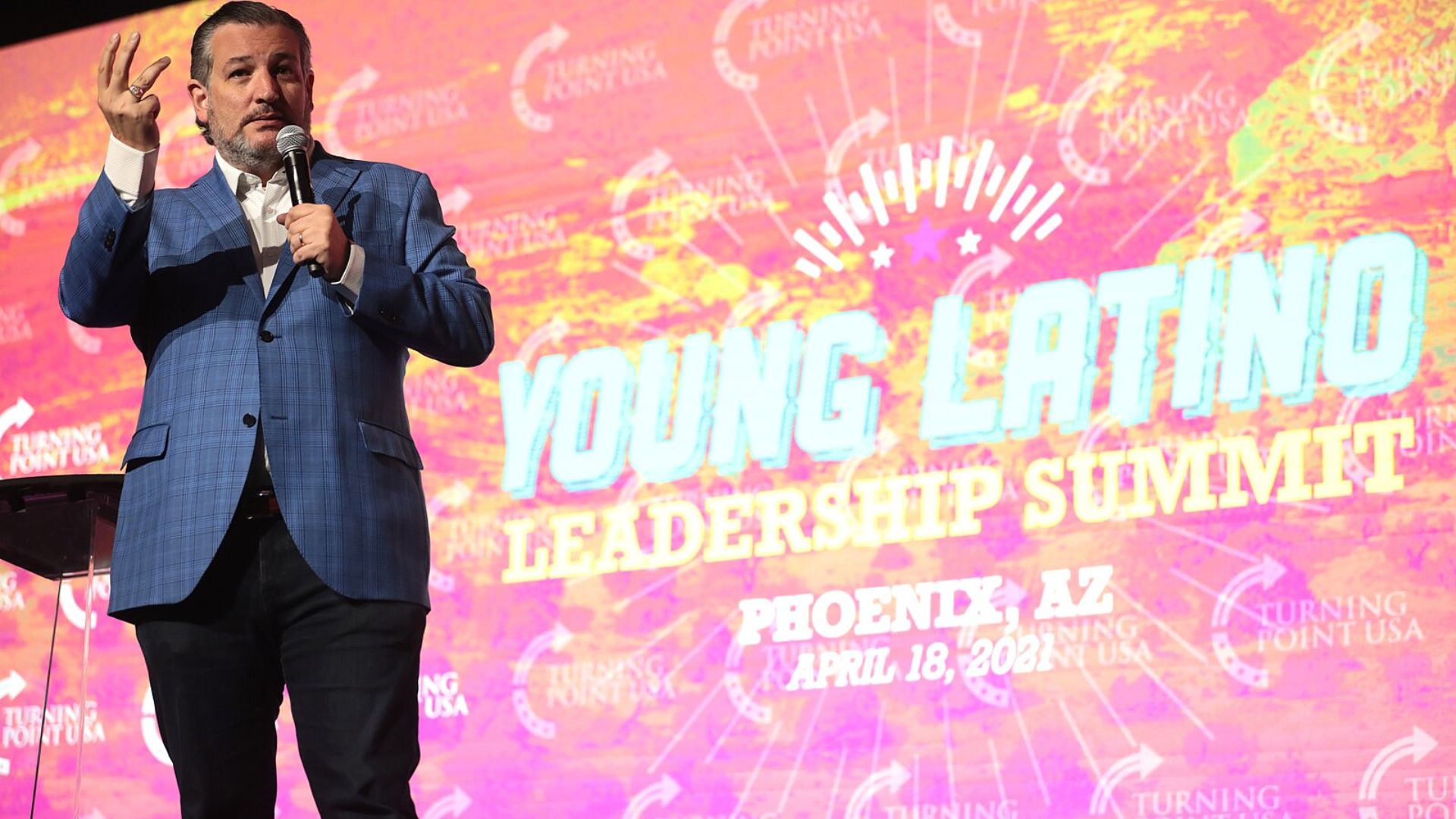
Senator Cruz has also voiced concerns about the disproportionate impact of potential layoffs on minority communities.
He emphasized that the people likely to be affected by job reductions are “predominantly low skilled, low income, and very young,” who are often from Hispanic or African American backgrounds. Cruz highlighted the importance of entry-level jobs in providing crucial skills to these workers.
The Importance of Entry-Level Jobs
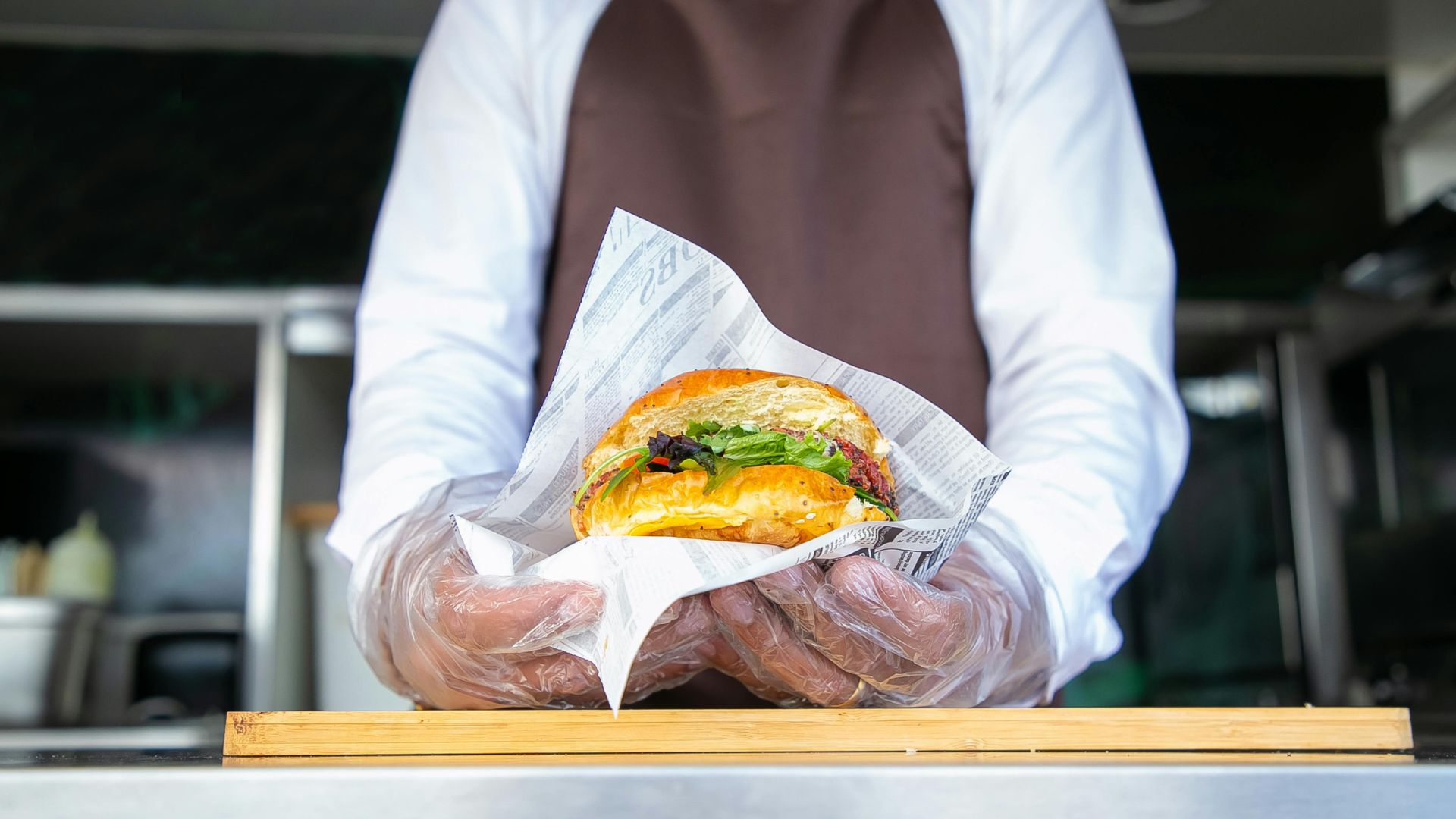
Cruz further discussed how fast food jobs serve as vital entry points into the workforce for many, offering essential skills and work experience.
He criticized the wage increase for potentially eliminating these opportunities, saying, “Democrats are pulling up the ladder and saying you don’t get to get skills.”
The Ripple Effect on Other Businesses
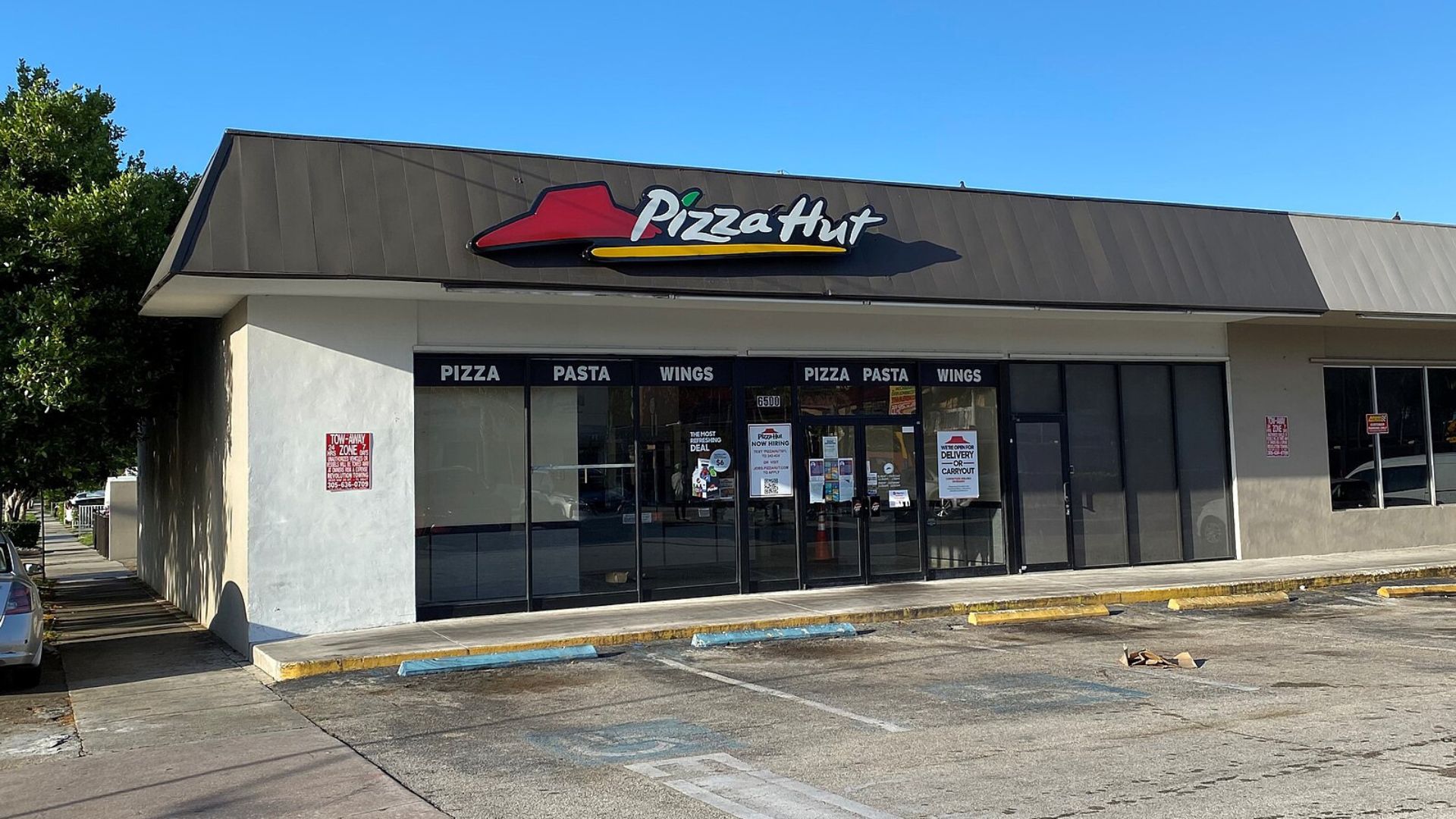
The wage law is expected to have a broader impact beyond fast food chains, potentially affecting smaller establishments that need to compete with these wages.
Some businesses, like two major Pizza Hut franchisees in California, have already reacted by laying off 1,200 delivery drivers in anticipation of the increased labor costs.
Reactions from the Restaurant Industry
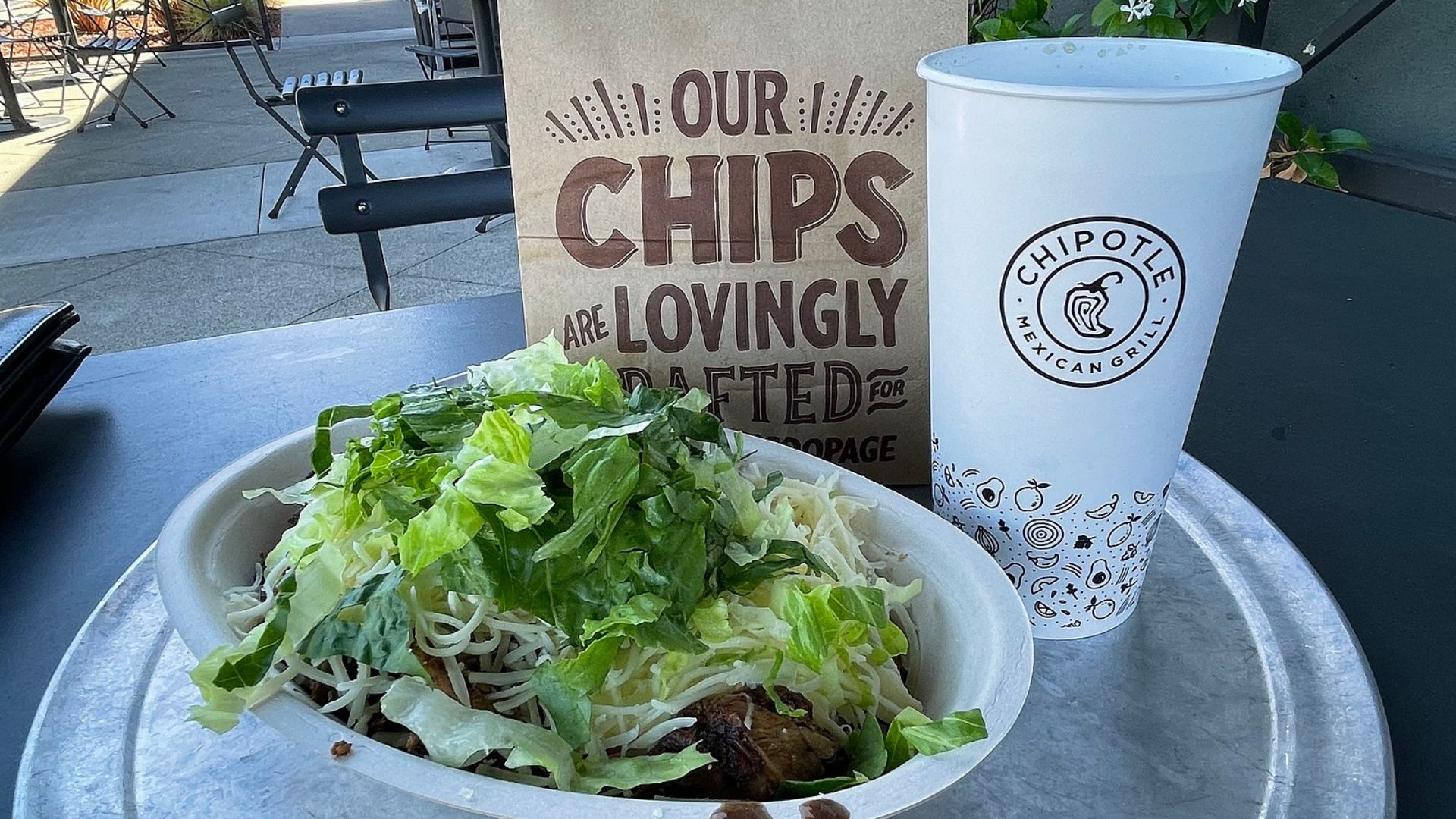
In response to the wage increase, several restaurant chains, including McDonald’s and Chipotle, have announced plans to raise menu prices in California to offset the higher labor costs.
Other operators are exploring ways to manage these expenses, such as reducing operating hours or simplifying their menus to focus on items that are less costly to prepare.
Economic Studies on Minimum Wage Effects
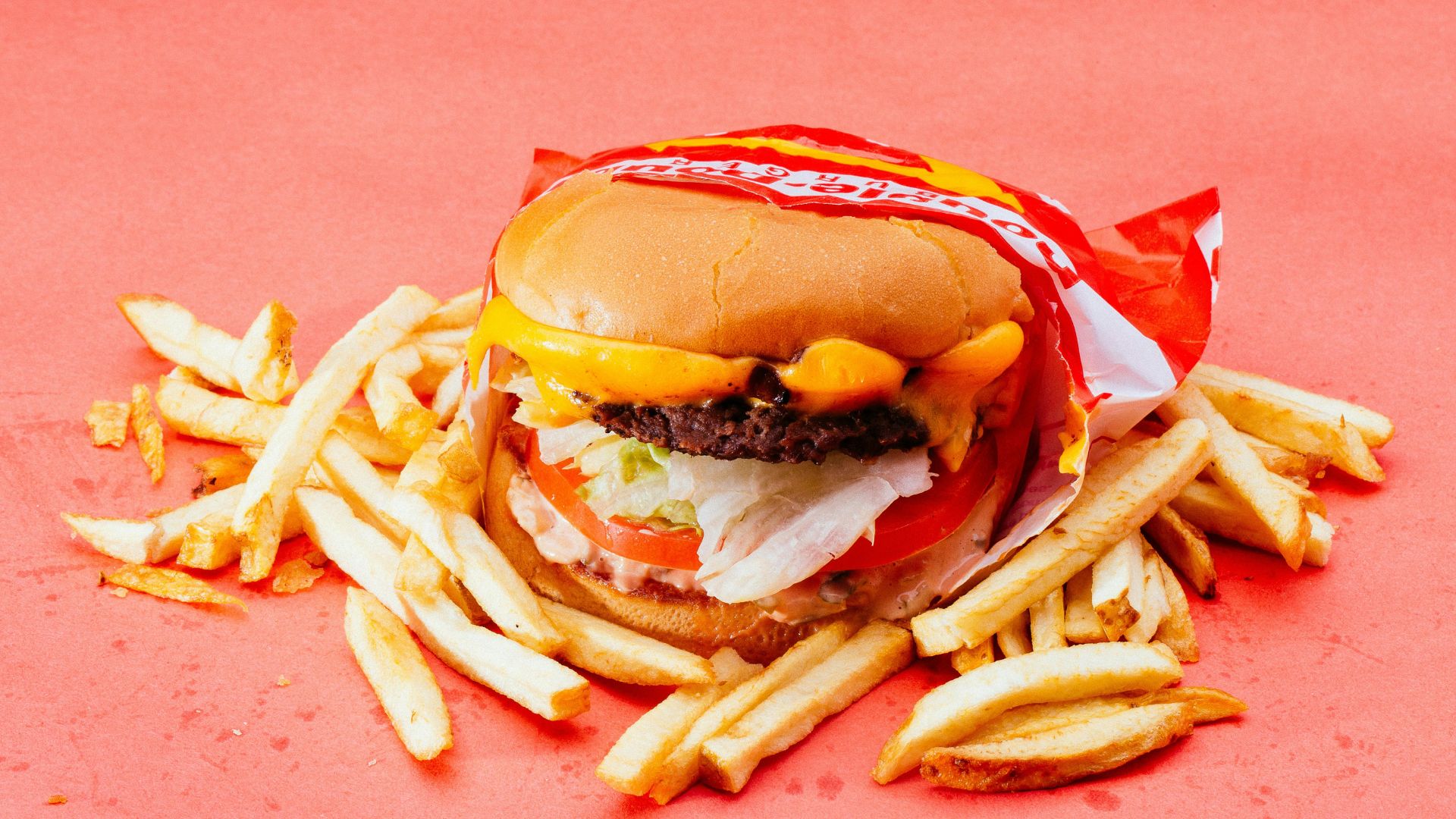
The discussion on the impact of minimum wage increases on employment is ongoing among economists.
A study by the Congressional Budget Office last December indicated that raising the federal minimum wage to $17 by 2029 could benefit over 18 million people with increased wages but might also lead to a reduction in employment by approximately 700,000 workers. This highlights the complex trade-offs involved in setting wage policies.
